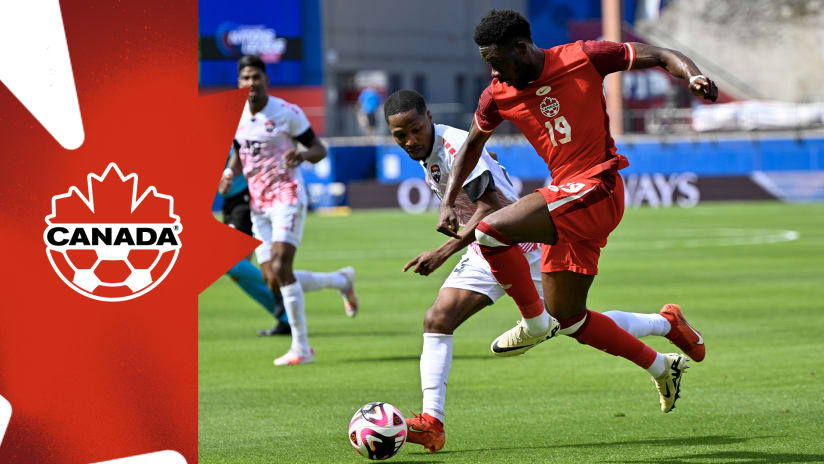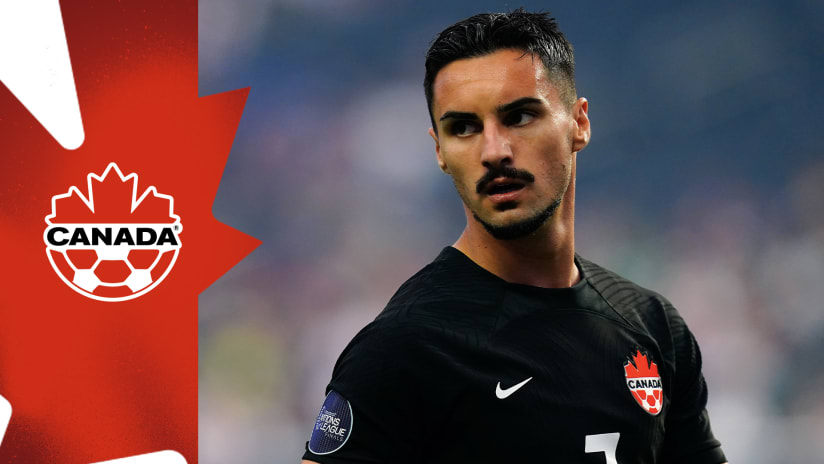On Thursday, the host Canadians will be looking to book their place in the knockout stage of the Women’s World Cup, while New Zealand will be hoping to avoid booking an early ticket home (9 pm ET on CTV and TSN2 in Canada; FOX Sports 1 in US).
Both squads played to tight 1-0 results in their opening matches on Saturday, with Canada emerging victorious against China and New Zealand falling to the Netherlands. While Canada (ranked No. 8 in the world) come into their match as the favorites, New Zealand (No. 17) should not be counted out just yet.
Here are five things to consider ahead of their group-stage showdown:
Room for Improvement
It took until stoppage time for Canada to finally get on the scoreboard against China, when a fortuitous penalty-kick decision allowed captain Christine Sinclair to step up and play the hero in front of a packed house at Edmonton’s Commonwealth Stadium.
Canada hardly looked threatening against a Chinese team that seemed intent on parking the bus. New Zealand – in need of a result – will almost certainly play a more open game than China did, that will only matter to Canada if they’re able to create attacking opportunities and then capitalize on them.
Sinclair, third all-time in international scoring with 154 goals for Canada, will be relied upon for a spark, but the rest of the attack force – the likes of Melissa Tancredi and Jonelle Filigno – will also need to pull their weight.
The ref giveth, the ref taketh away
While Canada’s game against China could have easily ended 0-0, New Zealand’s clash with the Netherlands could just as easily have ended 1-1.
The Football Ferns forced several good saves from the Dutch goalkeeper and appeared to have a legitimate penalty-kick claim when striker Hannah Wilkinson was taken down in the second half. The referee saw otherwise.
Despite being held scoreless in their opener, New Zealand showed themselves capable of producing danger. Canada will need to be mindful of Wilkinson and fellow striker Amber Hearn, who have a combined 67 international goals.
Herdman’s past vs. Herdman’s future
At the 2007 and 2011 FIFA Women’s World Cups, John Herdman served as head coach of New Zealand. Shortly after the 2011 tournament, the affable Englishman took the reins of Canada after their disappointing last-place World Cup finish.
He quickly led the Canadian team to a gold medal at the Pan-American Games and a famous bronze at the 2012 London Olympics, and he continues at the helm for this World Cup.
It will surely make for an emotional moment for the Englishman and some of the veteran New Zealand players when they go head-to-head on the game’s greatest stage.
History not on New Zealand’s side
New Zealand are still searching for their first all-time win in the Women’s World Cup, having managed just one draw and 10 losses through the 1991, 2007, 2011 and 2015 tournaments. The Ferns also have just one win in 10 all-time matchups against Canada – and that came way back in 1987.
- GRAPHIC763710630" tabindex="0">: New Zealand are young but experienced
But a young, energetic New Zealand team (with an average age less than 25) won’t be looking at the past. Instead, they’ll notice that we’ve already seen two teams (Cameroon and the Netherlands) win their first World Cup 763710631" tabindex="0">games this year and wonder, “Why not us?”
Everybody hurts sometimes
Injuries are a concern for Canada in this tournament. Veteran midfielder Diana Matheson is on the roster but has not played competitively since tearing her ACL last October. Defender Lauren Sesselmann is just coming back after an ACL tear of her own, suffered in March 2014.
Pre-tournament injuries to fullbacks Rhian Wilkinson and Marie-Eve Nault meant that Josee Belanger – usually a striker – had to play right back for Canada’s opener against China. The crummy news just keeps on coming:
Those two players – central defender Kadeisha Buchanan and holding midfielder Desiree Scott – are crucial to the structure of the Canadian team. If one or both of them are held out of the lineup against New Zealand, it could have a significant impact on the outcome.













